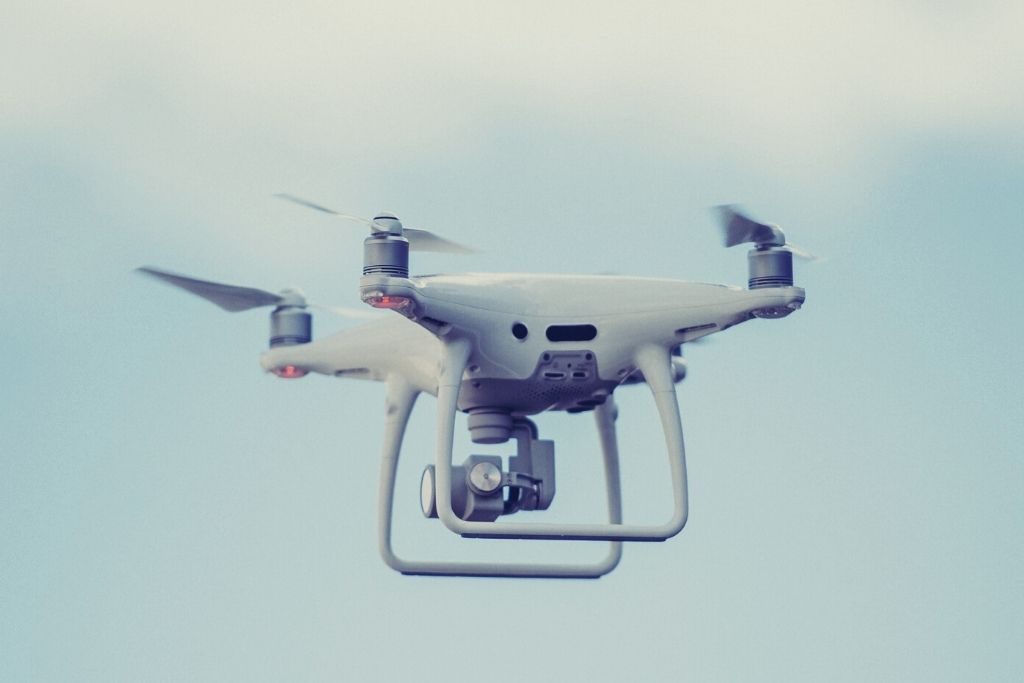The security industry has traditionally been a hands-on one, characterized by physical precautions such as security guards and mechanical keys and locks. The image of a guard patrolling a place with a torch in one hand and a ring with many mechanical keys attached to their belts has long been the picture associated with on-site security.
However, the COVID-19 pandemic continues to restructure markets and businesses, and its ripple effects are here to stay for decades to come. As millions were confined to working or studying from home, reducing physical contact and defining new hygiene standards, people’s interactions with buildings, thus, security needs, forever changed.
New Approaches to Security in a Changed World
The pandemic introduced new security risks, too: One survey found that 20 percent of enterprises experienced an increase in physical security incidents since the start of COVID-19. On the other hand, more than 40 percent of responders said they made changes to their security strategy since the pandemic began.
While security guards can still be crucial for some businesses, the lockdowns have pushed the security industry for solutions that rely less on the human factor and physical interaction. As a result, the demand for technology and data-driven security solutions such as touch-free entrances, remote building management systems, and smart locks is at an all-time high.
Intelligent Solutions to Bolster On-Site Security and Cut Costs
As the security industry is going through an accelerated digitization process, the adaptation of new technologies will bolster security, making it simpler and more efficient. Furthermore, at a time when staying lean is a top priority for many businesses, these smart security and access solutions can also cut costs.
Charlie Gordon Lennox, CEO of The Keyholding Company, a security firm specializing in keyholding and alarm response, is among the business leaders to realize the opportunities in the digital paradigm shift.
The right technology and data exist today to cut costs and operate buildings in and out of use more effectively, but few have considered using it until COVID-19 has forced a fresh approach.
Charlie Gordon Lennox, CEO of The Keyholding Company
His company estimates that removing the need for mechanical keys and replacing them with an integrated smart lock solution can save up to 62 percent on key management and access services costs.
This could be thousands for each property every year, factoring in expenses such as key and lock replacements, ad-hoc third-party access costs, temporary call-out fees, as well as the use of the platform to reduce administration time.
A Holistic Re-Design of On-Site Security

Like many others, the Keyholding Company traditionally holds mechanical keys for its clients which enables them to enter a property when an alarm is activated and to facilitate access for contractors out of hours. But as the management of these entailed a lot of costs and manpower, the KHC digitized this process and switched to mobile access. They now offer an app-based keyless solution that enables them to send a digital key to the smartphone of the security guard. The digital key can be sent only when needed and have limited validity to ensure the highest security for KHC’s clients.
In addition to reducing costs and physical presence on-site, Gordon Lennox emphasizes that digitally-driven access control systems also help businesses collect and analyze data. This would unleash a tremendous potential for risk and behavior analysis and help companies make better decisions to serve their clients in a more meaningful way.
“[Security isn’t] just about having tech for tech’s sake and some fancy locks,” says Gordon Lennox.
As the pandemic highlighted the opportunities in technology adaptation for maximum security with minimum intervention, there’s no doubt the winners of our changing world will be those who grab these opportunities.







